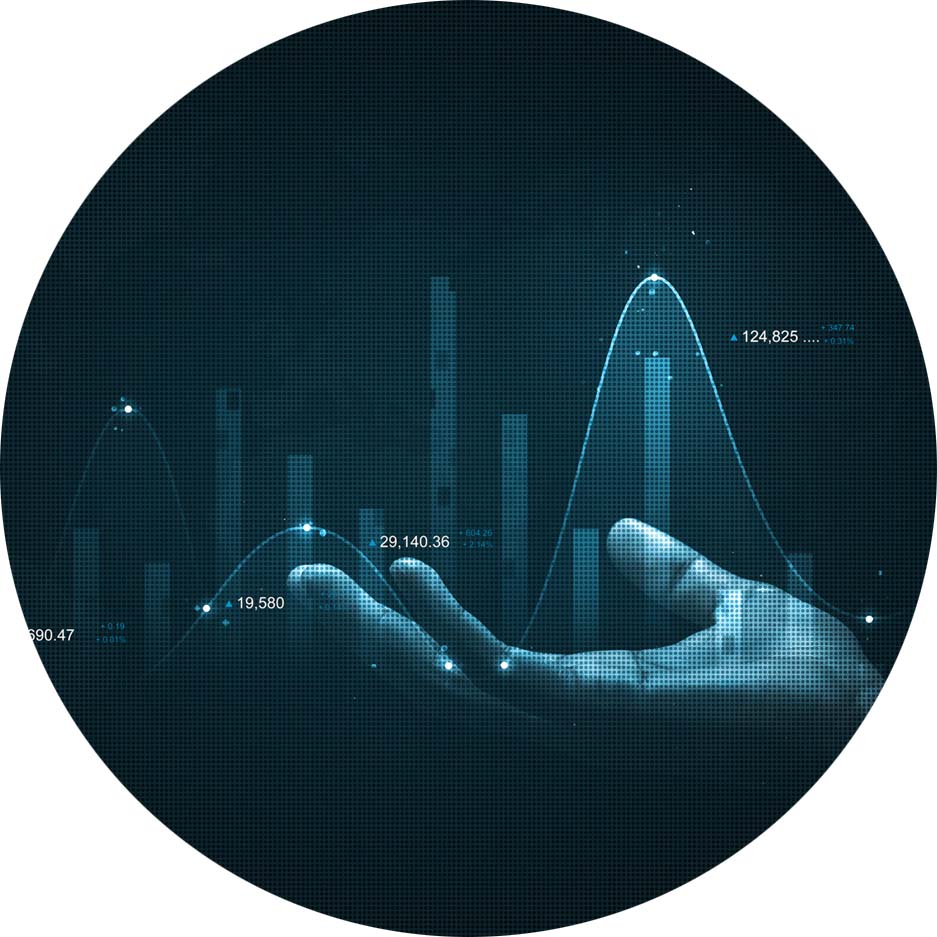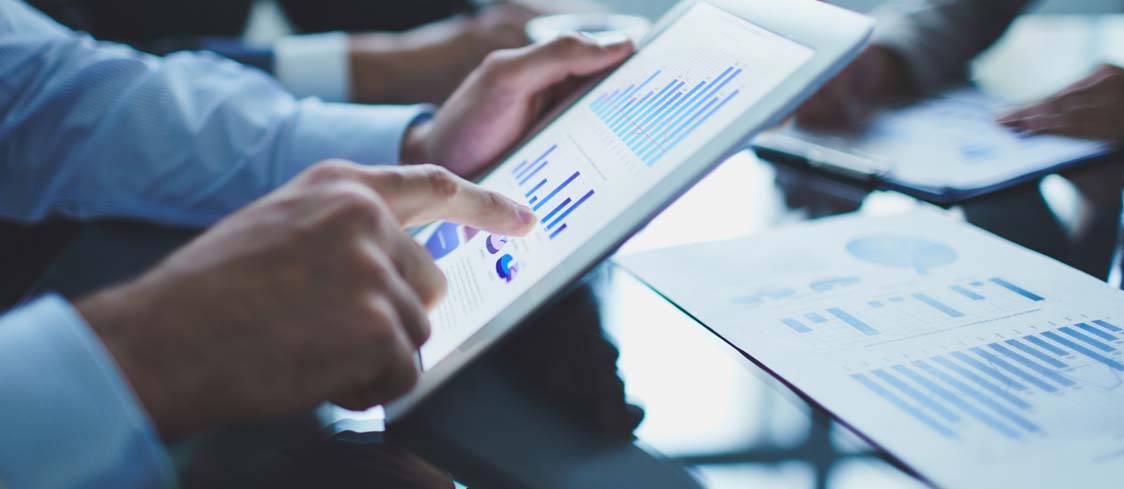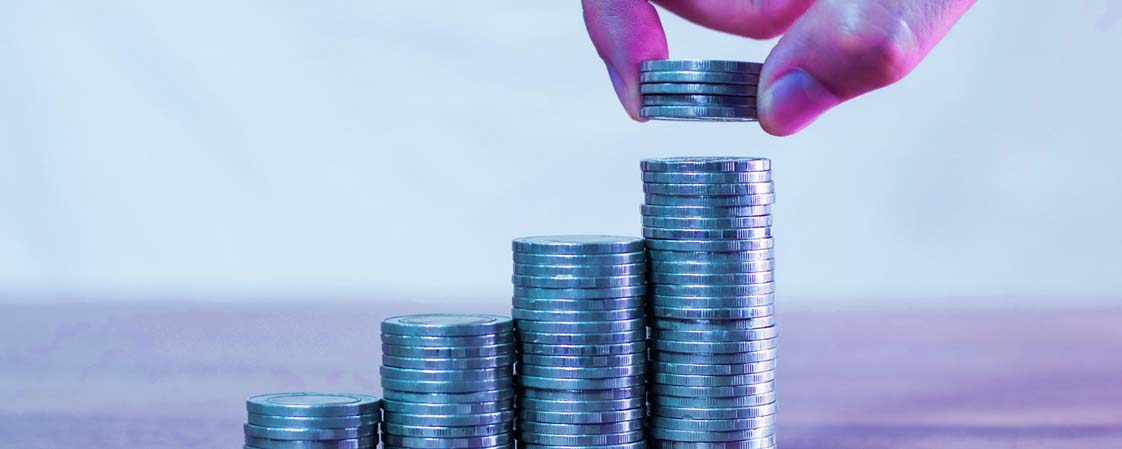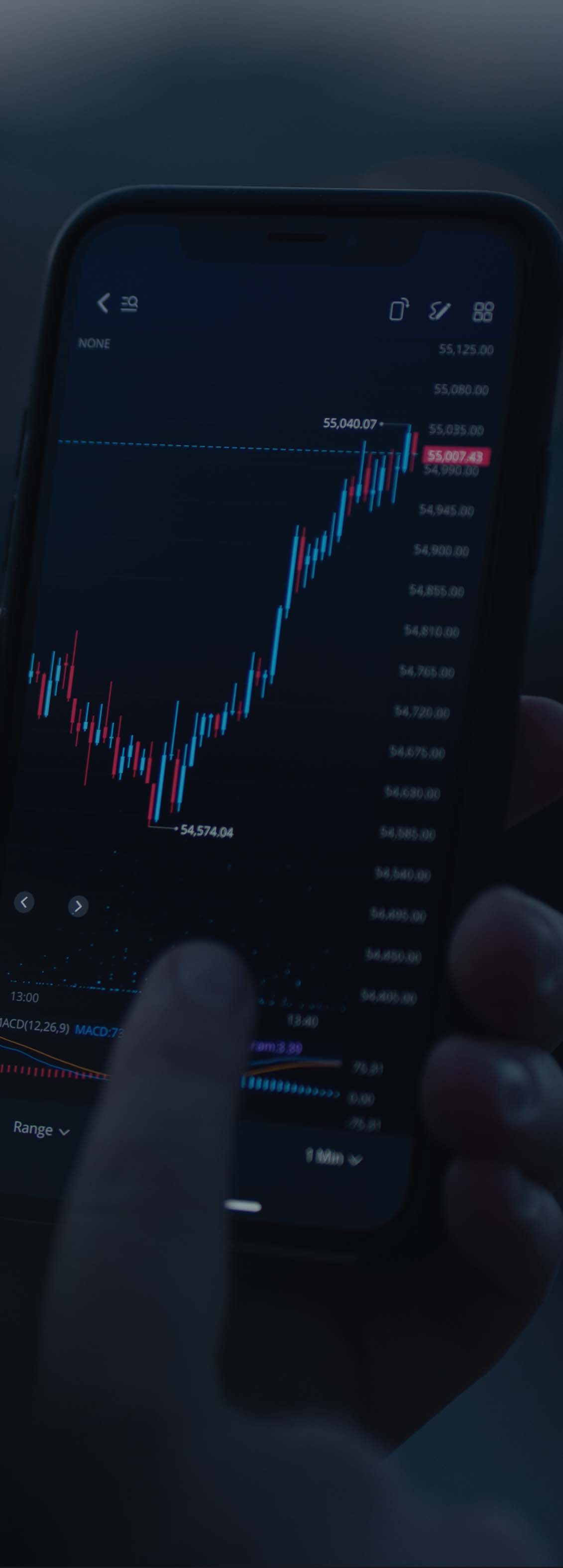







Why Trade CFDs?
The most flexible and accessible method for speculating on the global financial markets.
Global financial markets are where the wealth and riches of the world exchange hands. The beauty of trading CFDs comes from the ability potentially to benefit on price changes in the markets without having to purchase any assets physically. Trade Markets is waiting to empower you with access to CFDs covering over 1,000 markets, all from a single trading account and within one trading platform. However, please keep in mind that CFDs are complex instruments and come with a high risk of losing money rapidly due to leverage.
* Risk Warning: Trading in forex and CFDs could lead to a loss of your invested capital.
CFD Trading With Trade Markets
When you trade with Trade Markets, you can benefit from the insights of our market professionals and trade more effectively with our game-changing tools.
When you trade CFDs with Trade Markets, you have full access to an education section which contains a wide range of tutorials that explain what CFD trading is, how CFD trading works, and the best CFD trading strategies. Combine your robust training with the Trade Markets trader’s toolkit and make the most of the markets with advantageous CFD trading conditions.
Professional support
Trade Markets market professionals and support team is ready to guide you day-or-night in multiple languages via chat, phone, and e-mail.
Safe trading
Trade-Markets.co.za is brand name is owned and operated by ASTRIX DATA (PTY)LTD registration number 2020/814032/07, a FSP juristic representative FSCA, with License number: 52313.
Security first
Trade Markets keeps your funds in segregated accounts and utilises advanced encryption technologies to secure all your personal and financial information.
CFD Trading Conditions
View our trading conditions for commodities, stocks, indices, and Digital Currencies below.
* Risk Warning: Trading in forex and CFDs could lead to a loss of your invested capital.
Best CFD Trading Tools
The action never stops in the global financial markets. Trade Markets prepares you to trade with mission-oriented platforms, state-of-the-art tools, and tailor-made courses. Explore the Trade Markets trader’s toolbox now!

Trading Platforms
A full-featured trading terminal is a necessity for a successful CFD trading experience. Trade markets traders enjoy the versatility of the world-renowned trading platform MetaTrader 4.
Trade Markets MT4-Trading: I Desktop Versatility Infused Into Web Browser Accessibility.
Trade Markets MT4 Desktop: The Most Favored Platform For Traders Who Seek Enhanced Tools And Customization.
Trade Markets MT4 Mobile: Trade On The Go, Access The Markets Wherever You Are, Whenever You Want.
Trading Tools
Trading Education
Assets may differ according to their classification, but not so much when it comes to analysing and trading. Visit the Trade markets education section to start learning the basics of CFD trading. Follow our trading curriculum to transform into a knowledgeable trader.
* Risk Warning: Trading in forex and CFDs could lead to a loss of your invested capital.
Licensed
Portfolio Management
Do you want to trade or invest in the financial markets but don’t have enough time? The Trade Markets portfolio management service might be the solution you’re looking for.
What is Licensed Portfolio Management (LPM)?
Trade Markets Licensed Portfolio Management is a unique VIP trading service with a limited number of participants. The LPM service allows you to recruit a professional portfolio manager from our team of market professionals and to manage your trading portfolio.

Why should I become a VIP member of LPM?
Successful trading requires extensive learning, continuous market analysis, and ongoing risk management processes. Delegate your everyday trading responsibilities to a professional trader and save hundreds of hours of your time. Along with potentially gaining financial returns, make time another return on your investment.

How Can You Join The Trade Markets
LPM Service?
Sign up with Trade Markets and
verify your identity.
Open a Silver
Account. Deposit a
minimum of $2,500.
Get started
with a 7-day
trial.
During the trial, we’ll follow
a conservative, limited risk
investment strategy.
Log in and review the
recent performance of
your account at any time.
* Risk Warning: Trading in forex and CFDs could lead to a loss of your invested capital.

What is CFD trading?
New to CFD trading? Learn the basics of the easiest way to trade in the financial markets.
What is a CFD? – A basic overview
Every day, the global financial markets attract millions of investors and traders who seek to capitalise on the fluctuating value of assets in the market. Most methods involve a complicated registration and compliance process, require dedicating large amounts of capital, and offer little room for manoeuvre when the winds shift. CFDs are innovative investment instruments which enable anybody from any kind of background to trade in the markets, regardless of capital size or education level.
What is CFD trading?
CFD stands for “Contract for Difference”. When trading the CFD of a financial asset, you don’t physically purchase the asset, but trade on the price difference. It allows you to open Buy (Long) positions when you predict the future price will be higher and Sell (Short) positions when you expect the future price will be lower. Any financial asset (e.g., commodities, stocks, indices, and Digital Currencies) can be traded in the form of CFDs.
How to profit in CFD trading?
Your profitability is based on whether the asset price moved in the predicted direction, and how far it moved when you choose to close the position. CFDs typically don’t have an expiration date and allow you to hold on to the position as long as you wish.
How to trade CFDs?
CFD trading is possible through online brokers who offer this service. As a leading online broker, Trade markets offers CFD trading in forex currency pairs; commodities like metals, oil, and agriculture products, stocks and indices from the U.S., Europe, and Asia and Digital Currencies like Bitcoin and Ethereum. Trade markets also provides leverage when trading CFDs, which allows you to open large positions while allocating only a small portion of the required capital.
Why trade with CFDs?
CFD trading gives you instant access to a wide range of financial markets and assets around the world.
Trade Markets forex trading FAQ
The term “CFD” is an abbreviation of “Contract for Difference” which refers to the trading instruments that empower you to trade on the price differences.
CFD trading hours can vary according to the market you are trading in. Apart from forex currency pairs and cryptocurrencies, financial assets which are listed on a specific stock and commodity exchanges are tradeable only during their business hours. Please visit our trading hours page for more information.
Commodities are physical resources which are often industrial raw materials. In the financial markets, commodities are typically grouped into categories. Types of commodities include precious metals (e.g., gold, silver, platinum), industrial metals (e.g. copper, steel), energies (e.g., crude oil, natural gas, gasoline), and agriculture products (e.g., sugar, corn, coffee).
Stocks are ownership portions of publicly traded companies. In the financial markets, stocks are typically grouped based on their country of origin. Stocks are often grouped as U.S. stocks (e.g., Amazon, Apple, Facebook) which are traded on NYSE or NASDAQ exchanges, European stocks (e.g., Barclays, Renault, Siemens), and Asian stocks (e.g., Softbank, Sony, Toyota).
Indices are performance trackers of baskets of stocks curated by the creator. In the financial markets, indices are typically grouped based on the companies included in the baskets and their trading hours as American indices (e.g., Dow Jones 30, S&P 500, NASDAQ 100); European indices (e.g., FTSE 100, DAX 30, CAC 40); and Asian indices (e.g., NIKKEI 225, TADAWUL, HANG SENG).
Digital Currencies are digital assets which were recently introduced as a new form of currency based on advanced technologies. In the financial markets, Digital Currencies are typically grouped as Bitcoin (the Bitcoin cryptocurrency itself) or altcoins (e.g., Ethereum, Ripple, Dash).
The price of a CFD instrument follows the price of the underlying asset in real-time. For example, if Coca-Cola (NYSE: KO) stocks are trading at $47.50/share in the New York Stock Exchange (NYSE), Coca-Cola CFDs would have the same price. The price of the CFD will change in real-time as the price of Coca-Cola shares change.
Leverage is a trading mechanism which enables you to open trading positions larger than your initial capital. When using leverage, you’re able to open larger position sizes; therefore, the amount you gain or lose per pip movement increases. It can increase your profit potential; but use it with caution, as it can also cause losses in the same way.
The pip signifies the most basic price change unit. In forex currency pairs, a pip is the fourth decimal in the price of a currency pair. For example, when the EUR/USD currency pair is trading at 1.1856, pip is the “6” at the end (the fourth decimal). If EUR/USD rises to 1.1860, the new pip would be “0”, and the pair would be said to have risen 4 pips.
Spread is the difference between the selling price and the buying price of a currency pair. In Forex trading platforms, each pair would have two prices: Bid is the selling price and Ask is the buying price. Spread is calculated in pips and often represents some of the broker’s commission. It is charged automatically when a position is opened, and many traders often don’t notice it. One of the ways Trade Markets makes money is based on the spreads from traders’ transactions.
Our vision at Trade Markets is to enable everyone to obtain the power to reach economic independence, and we believe CFD trading is the most viable financial solution for the majority of people. In alignment with our goals, we’ve created a comprehensive education platform for trading CFDs. Discover how CFD trading works, the tips and tricks of CFD trading, popular trading strategies, and easy-to-use market analysis methods.